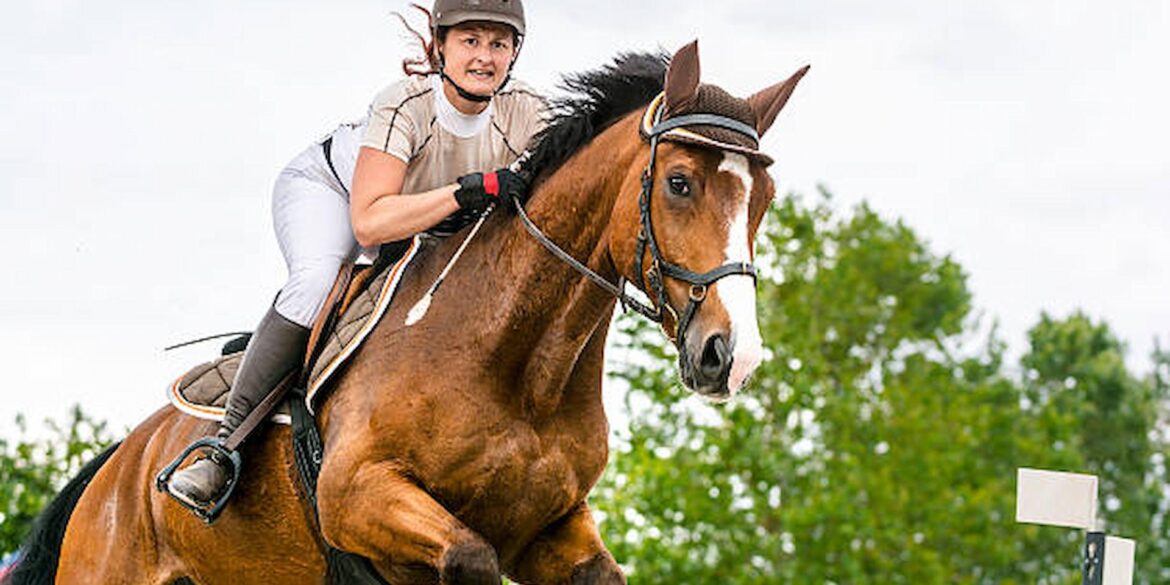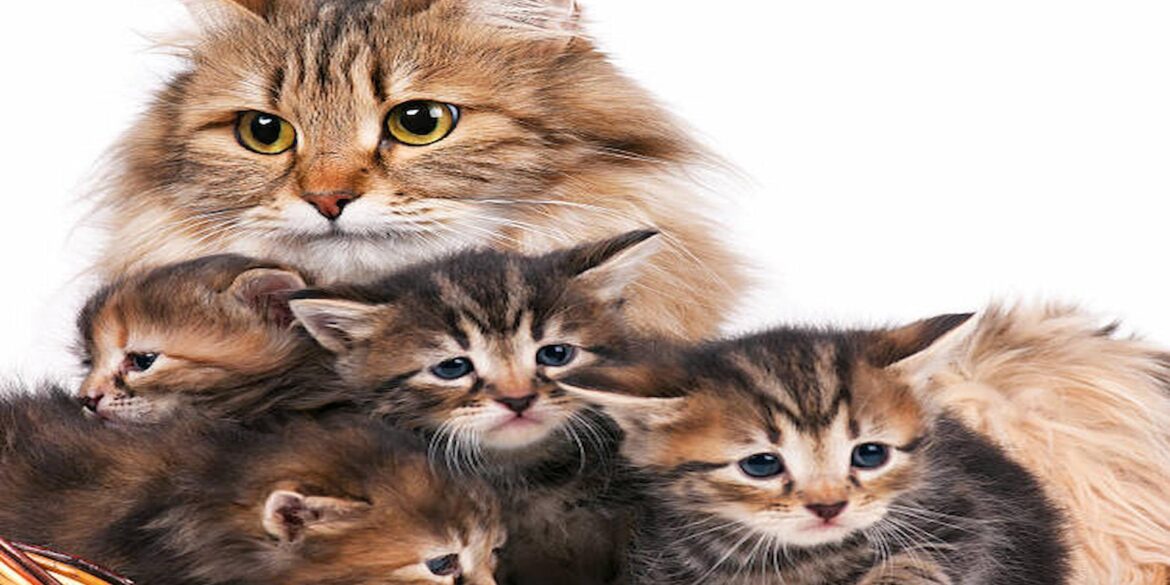A good training and exercise regime supported by high-quality nutrition is essential for an endurance horse to be able to perform at their best in competitions. You can give your horse the best chance of success by using high quality horse food and working with a nutritionist to ensure your horse’s diet is meeting their needs.
What Is An Event Horse?
Eventing is a sport that combines dressage, show jumping and cross country. It can be likened to a triathlon where competitors are not performing as high a standard as specialists in each discipline but are able to perform well in a range of different activities. Some of the skills that an event horse will need to display during the competition include rhythm, balance and harmony throughout the dressage stage, precision when it comes to the show jumping event and determination and stamina throughout the cross-country phase.
Competitors are scored on penalties that they can incur throughout the competition and the individual with the lowest combination of scores at the end of the event wins. As you can see, the horses performing in eventing competitions need to have certain skills and attributes to help them succeed in all areas – so what are they?
Attributes Of An Event Horse
A horse that takes part in eventing needs to be able to show a range of skills including speed and the ability to jump cross country fences which can include ditches and banks as well as being calm enough to perform a controlled dressage test. There are a few factors to look for when choosing or buying a horse to take part in eventing such as:
- Conformation: This refers to the way the horse is built – all horses are different and have their own weaknesses, but certain factors like their feet and legs are particularly important. Lameness issues are one of the most common reasons event horses have to retire from the sport.
- Temperament: High up on the agenda is the temperament of your horse – they must be willing to learn and show signs of being obedient, as well as careful when jumping
- Movement: The way your horse moves and jumps are important when it comes to eventing as they have to be able to jump at speed across the country. As standards improve the dressage phase plays a greater part in success and so good basic paces that help to impress the dressage judge are key.
Exercising And Training
Now we’ve looked at the attributes to look for in an eventing horse, you’re going to need to know how to train them for their competition. If you’re new to the world of eventing then working with a trainer is key. Dressage is the basis to control and a partnership and so is the foundation to the other phases too so never underestimate its importance.
When you’ve mastered the beginnings of dressage, you can start to introduce jump training and schooling. Again, establishing control in the safety of an arena is key and so show jumping is where most people start. Once confident here you can move on to cross country schooling. Part of the preparation for cross country is doing faster work with your horse. Learning to ride at the gallop and jump out of a faster stride is the key to cross country success. During the process, you will have to condition your horse to increase fitness and endurance with hill work and interval training too.
Horse Food And Nutrition
Your horse’s nutrition must complement your training regime to ensure they’re getting all of the important nutrients they need to help them compete at their best. First and foremost, you should ensure that your horse always has access to water; it’s often not considered as a nutrient but most of your horses mass is water! Event horses sweat to cool down and lose electrolytes in the process – you should always make sure you reduce the risk of dehydration by offering plenty of water and electrolyte supplements.
Forage should make up half of your horse’s diet, whether eventing or not as it provides the essential fibre a horse needs to maintain gut health! Good quality forage contains other nutrients too but isn’t usually enough on its own for horses that are competing even at lower levels. Essential vitamins and minerals are required to provide a balanced diet and these should be added to the ration either in the form of a supplement or a balancer. Some horses will need more energy than forage can provide too and so high quality fibre feeds can be used to supply slow release energy. Examples include horse feed based on alfalfa or sugar beet. If these are still not sufficient to maintain the horse in good condition then cereal or high oil based feeds can be added to supply more energy. Cereals contain starch which if fed in excessive amounts can cause digestive upsets. Oil is a safer energy source but horses tend to find it less palatable!
Finding the balance of a feed the horse likes whilst maintaining their health and performance can be tricky. This is where a nutritionist can really help and it is worth seeking advice from a professional to help you get it right for your horse.


